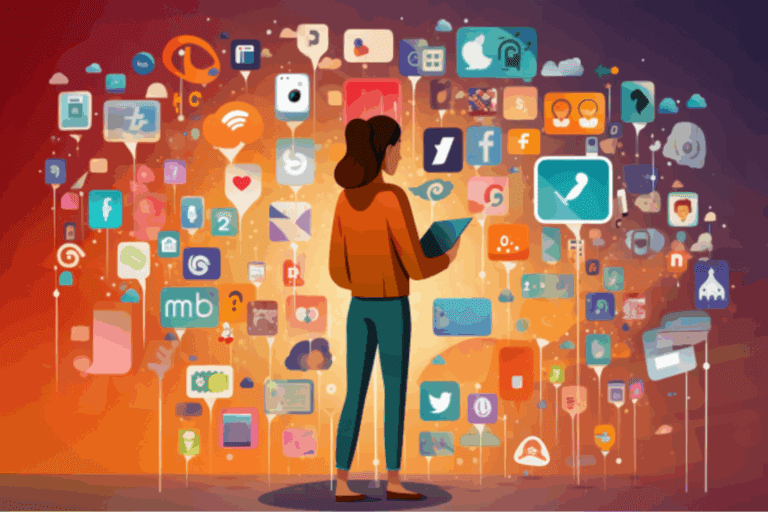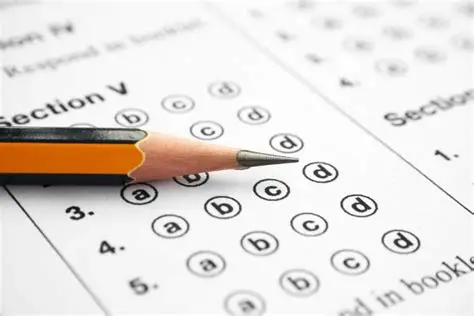
Understanding 21st-Century Skills: What They Are and Why They Matter
Over recent years, new terminology has been spreading through the worlds of education and business—21st-century skills. These skills have become a major talking point in discussions about education reform and workforce readiness. In this blog, I will explain the origins of this term, what these skills encompass, and why they are essential for young people today.
Background: The Evolution of 21st-Century Skills
The exact moment when the term “21st-century skills” was first coined remains uncertain. However, discussions surrounding the concept date as far back as the mid-1980s. Like many educational and professional development trends, the idea emerged in the United States before gaining traction in Europe and eventually spreading worldwide. International organizations such as the Organisation for Economic Co-operation and Development (OECD) and the World Health Organization (WHO) played a significant role in promoting these skills globally.
Over the years, multiple definitions of 21st-century skills have emerged, reflecting the evolving demands of the modern workplace. While there is no universally accepted definition, analysts and educators generally use the term to refer to a broad set of competencies necessary for success in today’s rapidly changing world.
One of the most widely recognized frameworks was established in 2002 with the founding of the Partnership for 21st Century Skills (P21). This organization played a crucial role in defining and categorizing these skills, making their framework one of the most commonly referenced today.
What Are the 21st-Century Skills?
The P21 framework identifies twelve key skills, which combine content knowledge, practical abilities, and literacy in various domains. These skills include:
- Critical Thinking
- Creativity
- Collaboration
- Communication
- Information Literacy
- Media Literacy
- Technology Literacy
- Flexibility
- Leadership
- Initiative
- Productivity
- Social Skills
These twelve skills are further categorized into three main groups: Learning Skills, Literacy Skills, and Life Skills.
1. Learning Skills (The “4Cs”)
Regarded as the most fundamental 21st-century skills, learning skills focus on how students acquire and apply knowledge in different contexts. These include:
- Critical Thinking – The ability to analyze problems, evaluate information, and make reasoned decisions.
- Creativity – The capacity to generate innovative ideas and solutions.
- Collaboration – The ability to work effectively with others, including teamwork and conflict resolution.
- Communication – The skill of conveying information clearly and effectively, both in speech and writing.
These four skills are foundational in virtually every career, as they enhance adaptability and problem-solving capabilities in a rapidly evolving work environment.
2. Literacy Skills (IMT)
As the world becomes increasingly digital, literacy skills have gained immense importance. These skills help individuals navigate and process information effectively:
- Information Literacy – The ability to find, evaluate, and use information from various sources.
- Media Literacy – Understanding the role of media in society and discerning credible sources from misinformation.
- Technology Literacy – Proficiency in using digital tools and understanding technological trends.
With the growing prevalence of misinformation, social media influence, and rapid technological advancements, these skills are crucial in ensuring that individuals can make informed decisions.
3. Life Skills (FLIPS)
Beyond learning and literacy, personal and professional development requires strong life skills. These include:
- Flexibility – The ability to adapt to change and handle unexpected challenges.
- Leadership – The skill to inspire, guide, and manage teams effectively.
- Initiative – The drive to take charge of one’s learning, career, and problem-solving.
- Productivity – The ability to manage time and tasks efficiently to meet goals.
- Social Skills – Interpersonal abilities that facilitate collaboration, networking, and relationship-building.
These skills are vital in navigating both personal and professional life, ensuring resilience and effectiveness in various settings.
Why Are These Skills So Important?
While many of these skills have been valuable for centuries, their application has evolved due to technological advancements and shifting workplace dynamics. Regardless of the terminology used—whether “21st-century skills,” “core skills,” or “soft skills”—these competencies are essential for thriving in an increasingly interconnected and automated world.
In today’s digital and global economy, technical knowledge alone is not enough. Employers seek candidates who can think critically, solve complex problems, communicate effectively, and adapt to new challenges. Moreover, as artificial intelligence and automation continue to reshape industries, human-centered skills like creativity, emotional intelligence, and adaptability will become even more crucial.
For young people, acquiring 21st-century skills is key to staying relevant and competitive in the job market. Schools, universities, and training institutions must prioritize these skills in their curricula to ensure students are equipped for success.
Final Thoughts
21st-century skills are not just a passing trend; they are the foundation of modern education and workforce development. By mastering these skills, young people can prepare for a future that demands adaptability, critical thinking, and a lifelong commitment to learning. As the world continues to evolve, these skills will remain essential in shaping successful, capable, and well-rounded individuals.
The question is not whether these skills are necessary—it’s how quickly we can ensure that every young person has the opportunity to develop them.
Over recent years new terminology has been spreading through the worlds of education and business, 21st Century Skills. In this blog, I will explain where this terminology comes from, what they are, and why they are important for young people today.






